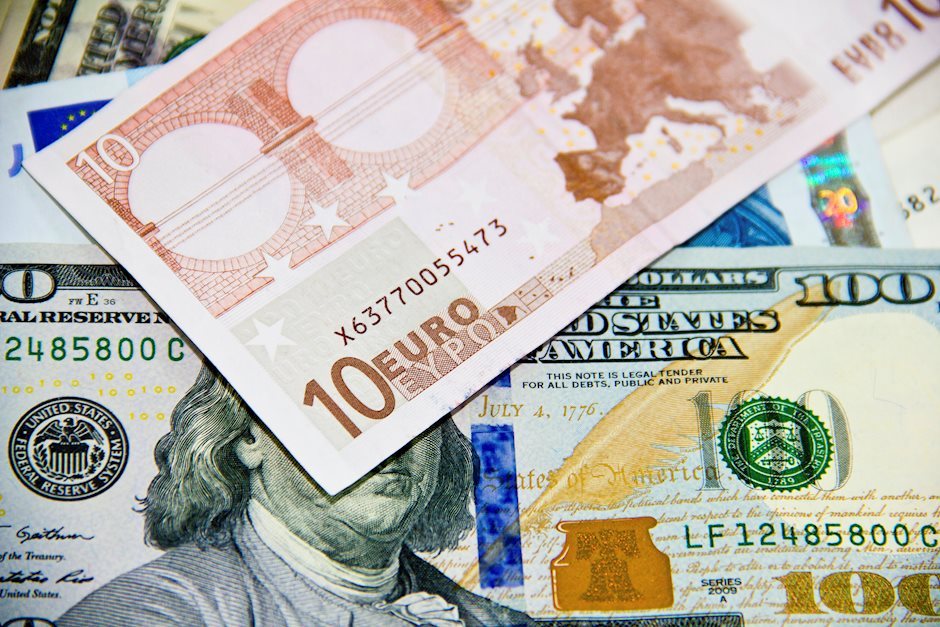Ifo Institute: German economy barely escaped recession

This is the press release and the opinion of the German think-tank Ifo Institute:
"The German economy barely escaped recession in 2018." With this assessment, Ifo's chief economist Timo Wollmershaeuser has reacted to the latest figures from the German Statistical Office. "The decisive factor for the significant cooling of the economy is German industry, which is likely to have been in recession in the second half of 2018," Wollmershaeuser continued. "The sharp decline in production in the automotive industry in the third quarter was only made up to a small extent in the fourth quarter. In addition, production in all other important manufacturing sectors had shrunk by the end of the year."
"However, a macroeconomic recession is not in sight for 2019, as the domestic driving forces remain intact," Wollmershaeuser continued. This year, employment will probably exceed the record level of the previous year. At the same time, wage increases, tax and contribution relief and expansion of transfer payments are likely to result in a large increase in household income. "In addition, the state is expanding its spending on investments and defense, so that the impetus this year is likely to total 24 billion euros." After all, construction activity is likely to remain buoyant due to continued low interest rates. Overall, however, economic growth this year will probably be lower than in the previous year.
Wollmershaeuser added in 2018 that German industry's exports of goods could have increased somewhat in the fourth quarter. However, the result for the year as a whole was disappointing, as real exports had remained largely unchanged over the course of the year. "The weakening of the global economy, which came under fire from numerous economic policy events such as the customs dispute and the Brexit, is likely to have contributed to this. But homemade problems, particularly in the German automotive industry, in connection with new exhaust emission standards also had a noticeable dampening effect on the economy.
Value added in the more domestic-oriented service sectors (including trade) and in the construction industry should have increased by the end of the year, compensating for the decline in the manufacturing sector. Wollmershaeuser said that, overall, the German economy had thus left the peak it reached at the beginning of last year behind it and had entered a downturn in which the over-utilization of production capacities was declining.
Author

FXStreet Team
FXStreet
















